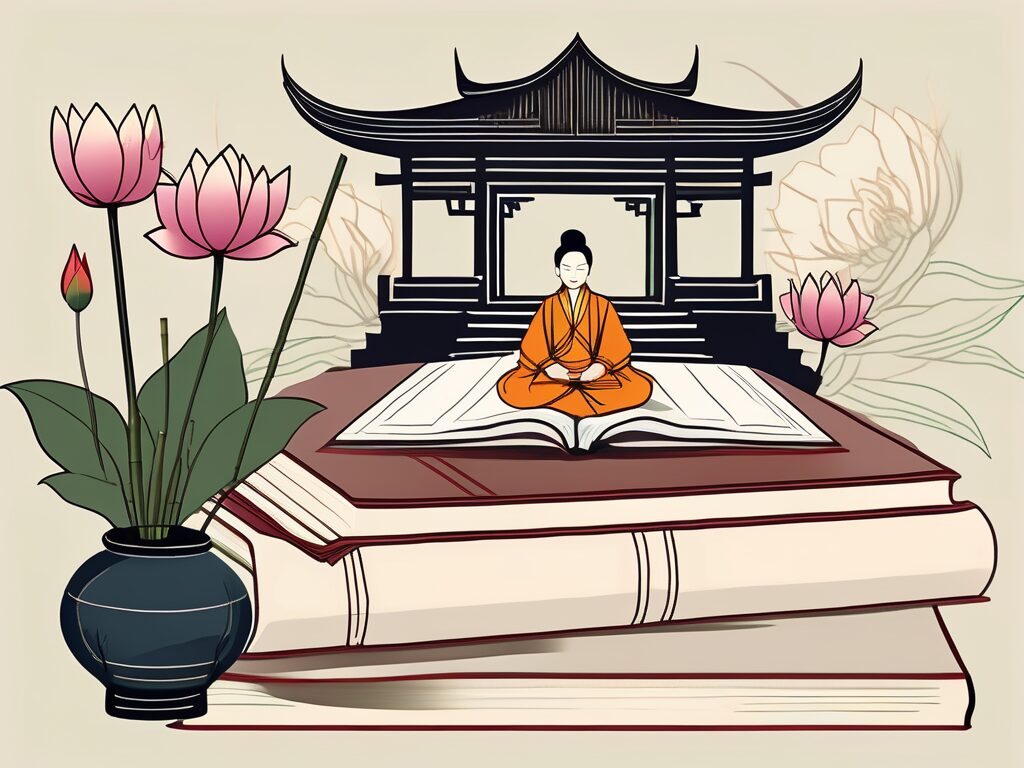The arts and humanities have long been a cornerstone of education, offering students a chance to explore their creativity, understand the world around them, and develop critical thinking skills. In Vietnam, a country steeped in rich cultural traditions and a rapidly evolving contemporary arts scene, the importance of arts and humanities education is increasingly recognised. This article delves into the state of arts and humanities education in Vietnam, exploring its history, current landscape, and future prospects.
The Historical Context of Arts and Humanities Education in Vietnam
The Traditional Roots
Arts and humanities education in Vietnam has deep roots, tracing back to the country’s ancient past. Traditional Vietnamese education placed a strong emphasis on literature, philosophy, and the arts. This was largely influenced by Confucianism, which valued moral education and the cultivation of character. The arts, particularly poetry and calligraphy, were seen as essential elements of a well-rounded education.
One can draw parallels between this traditional approach and the liberal arts education model, which encourages breadth of knowledge and critical thinking. Both aim to produce well-rounded individuals who can contribute positively to society. However, the traditional Vietnamese model was largely accessible only to the elite, a stark contrast to the more inclusive approach of modern arts and humanities education.
The Impact of Colonisation and War
Colonisation and war had a profound impact on Vietnam’s education system. During the French colonial period, Western-style education was introduced, bringing with it a shift towards science and technology. The tumultuous war years that followed saw education often disrupted or sidelined.
However, the arts remained a vital form of expression and communication during these challenging times. Music, literature, and visual arts became powerful tools for documenting experiences, fostering resilience, and promoting national identity. This underscores the enduring importance of arts and humanities, even in the face of adversity.
The Current Landscape of Arts and Humanities Education in Vietnam
Government Policies and Initiatives
In recent years, the Vietnamese government has shown increasing support for arts and humanities education. Policies have been implemented to promote cultural preservation and creative expression, recognising their role in national development. For instance, the Ministry of Culture, Sports and Tourism has launched initiatives to support traditional arts and crafts, while the Ministry of Education and Training has introduced arts and humanities subjects into the national curriculum.
These efforts reflect a growing understanding of the value of arts and humanities in fostering creativity, critical thinking, and cultural understanding. They also align with global trends towards a more holistic approach to education, which recognises the importance of developing not just technical skills, but also soft skills and cultural literacy.
The Role of Private Institutions and Non-Profit Organisations
Private institutions and non-profit organisations also play a significant role in promoting arts and humanities education in Vietnam. Many offer specialised programmes in areas such as visual arts, music, and drama, providing opportunities for students to explore their interests and talents beyond the standard school curriculum.
Non-profit organisations, meanwhile, often focus on community-based arts education, reaching out to underprivileged or marginalised communities. These initiatives not only provide access to arts education, but also empower individuals and communities through the arts.
The Future of Arts and Humanities Education in Vietnam
Challenges and Opportunities
While there has been progress in promoting arts and humanities education in Vietnam, challenges remain. These include limited resources, lack of trained teachers, and societal attitudes that often prioritise practical, vocational skills over the arts and humanities.
However, these challenges also present opportunities for innovation and growth. For instance, the rise of digital technology offers new ways to deliver arts and humanities education, from online learning platforms to virtual reality experiences. Moreover, as Vietnam continues to integrate into the global economy, there is increasing demand for skills such as creativity, critical thinking, and cultural understanding, which are fostered by arts and humanities education.
Looking Ahead
The future of arts and humanities education in Vietnam is promising. With continued government support, the growth of private institutions and non-profit initiatives, and the increasing recognition of the value of arts and humanities, there is potential for further development and expansion in this field.
As we move forward, it is crucial to remember the lessons of history, the realities of the present, and the possibilities of the future. By doing so, we can ensure that arts and humanities education in Vietnam continues to evolve and thrive, nurturing the next generation of creative thinkers, cultural ambassadors, and global citizens.
Empower Your Teaching Career with IPGCE
As Vietnam’s arts and humanities education continues to flourish, educators equipped with the right qualifications will lead this transformative journey. IPGCE is dedicated to supporting teachers in enhancing their credentials, thereby opening doors to international opportunities and career advancement. If you’re passionate about nurturing creative minds and cultural understanding, join the UK’s #1 Teacher Training Course. Embrace the chance to connect with a global network of professionals, gain a deep understanding of international curricula, and enjoy the flexibility of online study tailored to your busy schedule. Join the IPGCE program today and be at the forefront of arts and humanities education, making a significant impact in classrooms around the world and in Vietnam.

